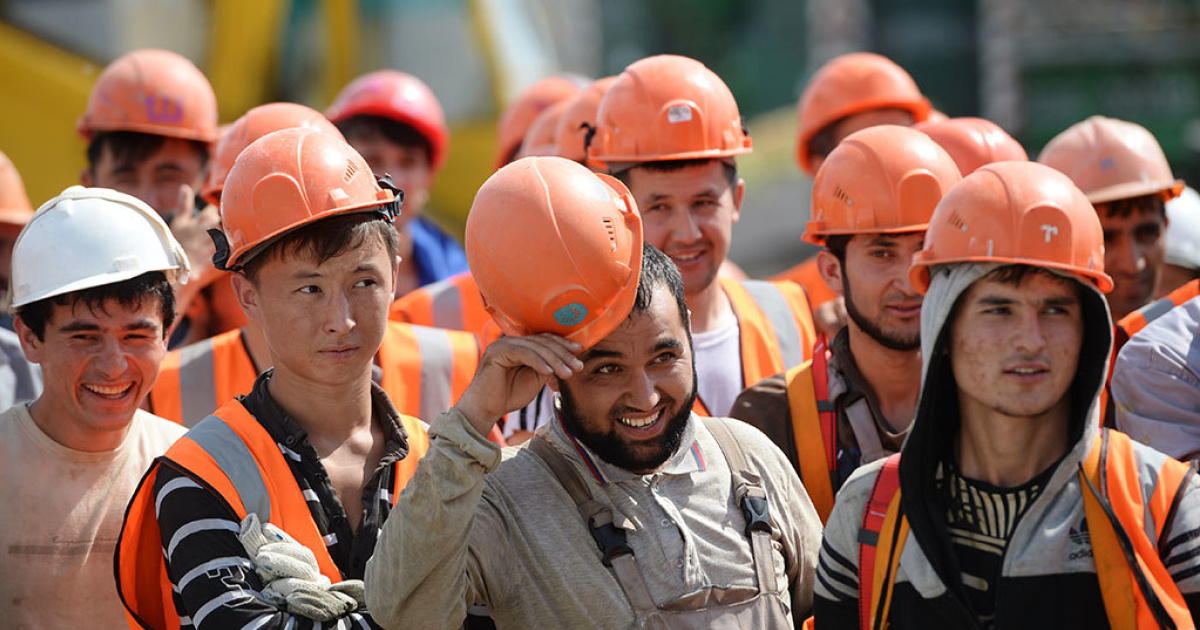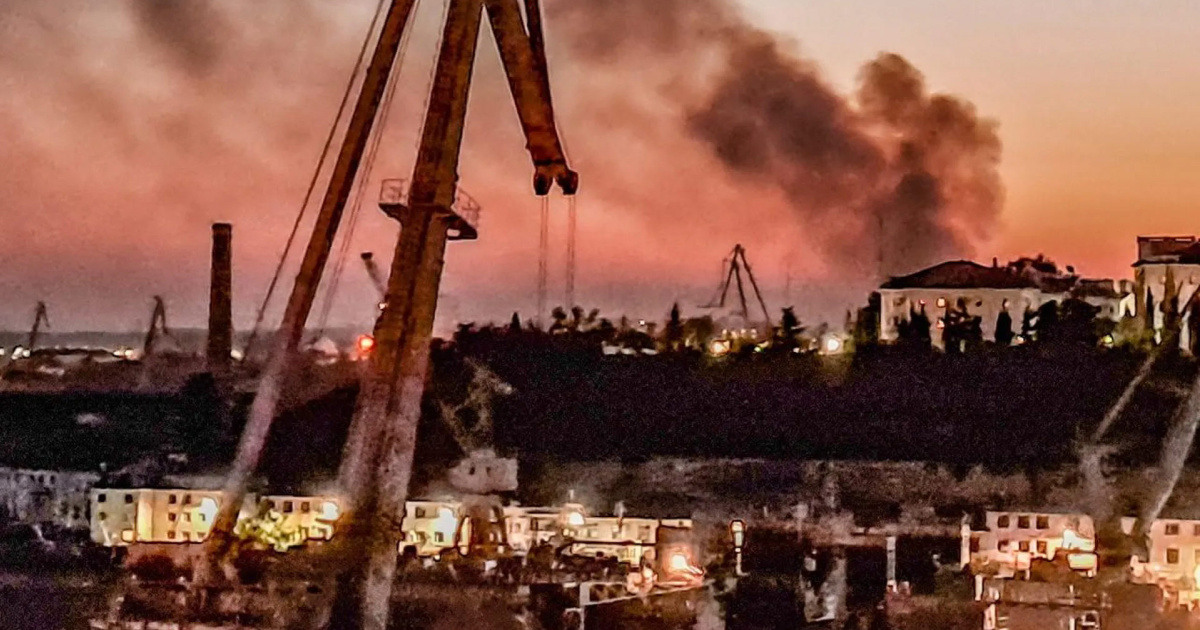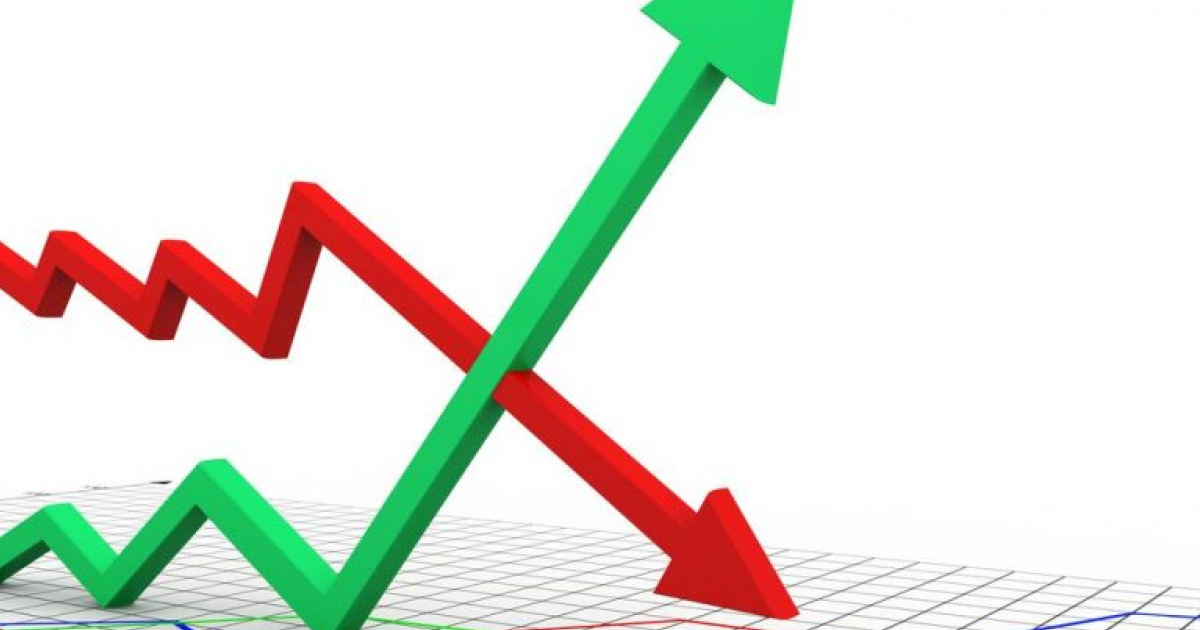"When the war came to my native Donetsk, I firmly decided that I needed to go to other regions of Ukraine. I knew I needed to escape now as then it might be too late. And the first thing I worried about was if Ukraine needed me, how I and my lifetime project would be treated there," - says Svetlana from Donetsk who spent almost 10 years to create her business - linguistic center.
Two years ago she managed to take away all the equipment and even persuaded most of the staff to go with her to Kiev. Svetlana hoped to rent an office in the capital and continue to work. However, all did not work out as she wanted ...
Military operations and seizure of Donbass by militants and Russian occupants forced hundreds of thousands of people to go to other regions of Ukraine and start life from nothing. It also concerns business people who refused to work for illegal authorities and decided to continue their business activities filling Ukrainian treasury with taxes and creating new jobs.

Business people from occupied Donbass can be conditionally divided into several categories:
1. Those who decided to quit and leave the occupied territory and then went to Ukraine or abroad to start a new business;
2. Those who decided to stay and continue their business while working for the illegal authorities and paying taxes only to them;
3. Those who decided to stay and continue to do business on the occupied territory, but to re-register a company in Ukraine and pay taxes to the Ukrainian treasury;
4. Those who decided to take our their business (with equipment and staff) completely or partially from the occupied territory of Ukraine to other regions or abroad.
Not all decided to take out business from occupied Donbass ...
The recent trend in Ukraine is when forced migrants, who had previously left occupied Donbass for Ukraine, come back. Experts connect this fact to the expensive prices of rental housing, lack of jobs and low salaries. It also applies to business people who couldn’t develop their business in Ukraine.
"I know a few small business people who took out their business from Donetsk region in 2014, but later they were forced to return everything back and they are developing their business very successfully there, on the occupied territory. And one of my Donetsk acquaintances opened (not took out) a cafe in Dnepropetrovsk which visitors did not go to and so-called "inspection bodies" constantly demanded some small bribes and kickbacks. He could not stand all this and brought the cafe with all appliances and furniture to Donetsk. Of course, he had to spend money on bribes and on our military on the demarcation line and those pseudo authorities, but in the end it all paid off,"- said Svetlana.
President of the Association of Private Investors of Ukraine Sergey Desyak said he had not heard about specific cases of returning business to Donbass, but he is not surprised by this trend.
"Ukraine has very difficult conditions for entrepreneurs from the ATO area associated with the lack of state support, biased attitude on the part of regulatory authorities. It is not surprising that there are those who have lost faith to do business in Ukraine and return to the uncontrolled territories," - believes the expert.
According to him, about a year ago the so-called "authorities" on the occupied territory tried to create some kind of preferential programmes for business development. And indeed, in 2015, "Director of the Department of Foreign Economic Activity of the Ministry of Economic Development of the DPR" Lyudmila Dyomina told that the "republic" had the biggest favorable conditions for the entrepreneurs in the CIS. And head of the Department of Agriculture, Environment and Natural Resources of the "DPR" Eduard Yershov lured businessmen by cheaper (than in Ukraine) electricity, gas and "a huge human resource".
Today such conditions show that doing a business in the pseudo-republics "DPR/LPR" has become easier and cheaper, especially if companies are working to export. Apart from low-cost public services, labour is still cheap. Salaries in the region have fallen and many people are willing to work just for food.
In the end, the Ukrainian authorities have recently talked more and more about restoration of trade and economic relations with the occupied territories. However, it looks like more the stimulation and development of the economy of the unrecognized pseudo-republics "DPR/LPR". Deputy Minister on the occupied territories and internally displaced persons Georgiy Tuka stated clearly in his interview with OstroV that he was in favour of open trade of Ukraine with the companies that operate in occupied Donbass, but have Ukrainian registration.
In late June cargo rail connection between Ukraine and the occupied territory was restored.
The Law of Ukraine "On temporary measures for the period of the anti-terrorist operation" stipulates that during the ATO business entities operating on the territory of the ATO shall be exempt from payment for using land plots, state and communal property. Rent for using state and municipal property is also cancelled.
Thus, we can conclude that all the conditions are created for developing business in Donbas and never move.
At the same time, living and doing business on the occupied territory are still dangerous. After all, armed men may come at any time to nationalize the company and dissent people will be taken to basements.
How companies leave Donbass
Despite the fact that there is no official and outright ban on conducting business on the occupied territory in Ukraine, many entrepreneurs decide to leave Donbass and take as much of their property as possible. Such enterprises, do not have any preferences, but there are difficulties to recover and restart business.
"At the beginning of the events in Donbass people took the equipment away. Now it is more difficult to do that. A lot of people hid their property on the occupied territory and are waiting for better times when it is possible to use it. We wanted to take out the furniture production from the occupied territory to Vinnitsa, but it turned out that it is cheaper to bring equipment through Russia and not the demarcation line," - says the president of the Association of Private Investors Sergey Desyak.
At the same time, a businessman from Donetsk, who did not want his name to be called, said that it was easy to take out the equipment from occupied Donbass. The main thing is to know who and how much to pay on the contact line. "So, many people, when they find out prices, decide to buy the equipment, if it is a small business," - he says.
From a legal point of view, there are no problems with re-registration of business. Government institutions responded quickly and were able to regulate this issue legally. Several entrepreneurs confirmed this information to OstroV. In particular, legal entities and physical individual entrepreneurs can apply to any registration service in the regions of Ukraine, outside the ATO, regardless of the location of a new/temporary residence to re-register business location.
The list of documents to be submitted to re-register the business:
- Company charter with all the changes, if any;
- Statement (or a certificate of state registration) which confirms the state registration;
- A new legal address of the company.
At the same time, if the documents are lost, they can be restored on the controlled territory of Ukraine.
Company’s life after moving
Simvol Foundry Company had worked in Stanitsa-Luhansk district in Lugansk region since 2010. The company was engaged in foundering of cast iron and steel and producing spare parts for machinery manufacturer, construction machinery and so on. Since the beginning of hostilities director Dmitriy Akishin decided to take the plant to Vinnitsa.
"I spent very long time trying to find investors to take out the equipment. I traveled all over Ukraine and then I was invited to investment forum in Vinnitsa. There I was offered options of the premises," - says the businessman.
The equipment was taken out by the Ukrainian army that accompanied the car through all the checkpoints.
In August 2015 Simvol company began to produce in Vinnitsa. Today the plant operates only at 20% of its capacity, therefore, profits are not big. According to the businessman, the company is working "at zero."
The main problem he faced after moving was lack of qualified staff, lack of private investors and failures to take loans from Ukrainian banks.
In Vinnitsa Dmitriy got to know about the EU project called Center for Adaptation of Entrepreneurs and Forced Migrants from ATO area and Crimea which was aimed at the development and support of businesses in Vinnitsa region. The EU allocated all the necessary funds a year ago, but the programme wasn’t launched. Local authorities (Department of Regional and Economic Development of the Vinnytsia Regional State Administration) doesn’t hurry to help displaced entrepreneurs.
The businessman became a member of this programme hoping to get the necessary funds for the development of his business and run the plant at full capacity.
"The EU has allocated funds and we are waiting for them. We were promised to get funds for the purchase of laboratory, due to which we can increase our production capacity and sell our products abroad. There are potential buyers from Turkey, Poland and other countries. But for this you need a certificate of quality which I I can not issue without the lab," - he said.
Despite all the difficulties in moving and business development, Dmitriy admits that he does not regret the fact that the company was taken out. He intends to develop his business further and enter new markets.
This story shows that moving equipment and legally re-registering your business in Ukraine are only half the battle or rather the smallest part of it. Key difficulties lie ahead.
"The Ukrainian market does not need a product that small and medium-sized businesses from occupied Donbass can offer. Providing a new and unique product is extremely difficult, - said businessman from Donetsk Dmitriy Rudenko who in 2014 left his factory and brought from Donbass his unique development. But he hasn’t started production in Ukraine since the authorities prefer to work with companies on the occupied territory.
But the main problem is not the "market" but the absence of real state support of entrepreneurs like Dmitriy Akishin or Dmitriy Rudenko.
"In Ukraine there is no system of national or regional programmes to assist existing businesses that moved from occupied Donbass. At the end of 2015 we developed a regional programme for the operating companies from the ATO in Vinnytsia region and helped the authorities to raise more than 320 million euros. However, displaced entrepreneurs didn’t receive real help due to incompetence and abuses by local officials," - says expert Sergey Desyak.
At the same time, there are a number of selected international grant programmes. But most of them are not aimed at supporting existing businesses but encourageing self-employment and retraining.
"Error of international donors is the fact that they primarily direct money to public institutions in Ukraine which are already completely rotten. Besides, there is no transparent system by which the public could monitor implementation of these projects," - notes Desyak.
But no international grant aid can substitute state support for business. They include preferential loans, tax breaks, help in attracting investors and so on. In the end, development of the private sector is what keeps the country's economy.
"Ukraine has lost 15 per cent of GDP due to the loss of control over the eastern territories of the country. A significant part of the economy could be saved if the authorities hadn’t left to the enterprise to the mercy of fate. Those companies, who moved from the ATO area to the territory controlled by Ukrainian government are considered by officials as a source of grants and bribes in dealing with removing business, unfounded accusations for their cooperation with the separatists. I know cases when such companies had criminal files and were prosecuted," - says Sergey Desyak.
Svetlana from Donetsk who in mid-2014 managed to take out equipment and staff to Kiev (the article started with the story about her) tried during several months to find her place in the sun in the capital.
He resorted to various public organizations that were engaged in helping migrants and businesses, but it is in vain. During one of the interviews she was even told: "Go back." The banks also refused to give her any loan. The money she had was spent on renting apartments for her and her staff, on daily expenses and meals. Therefore, the entrepreneur was forced to go to the employment center and look for a job. Most of the staff (5 of 7) returned to occupied Donetsk.
Today, she is a staff interpreter with a salary of 7000 hryvnia per month. "I hadn’t received such a salary for a long time," - says the migrant. She is ashamed even to say her name or the name of the language center which she used to run in Donetsk. But she is not ashamed of herself but of Ukraine and the authorities that didn’t believe and trust her.
"I guess I needed to stay there. It is terrible to say it, because I am a patriot of Ukraine, but I really think so. And write, please, I beg you. Let them call me a separatist or a traitor, but I regret that I moved from my native Ukraine to this one. Believe me, there are hundreds like me, if not thousands across the country," - said Svetlana. But a few days after the interview, she called back and admitted that despite all the difficulties, she wasn’t going to move back. This is her final decision.
Vladislav Bulatchik, OstroV




